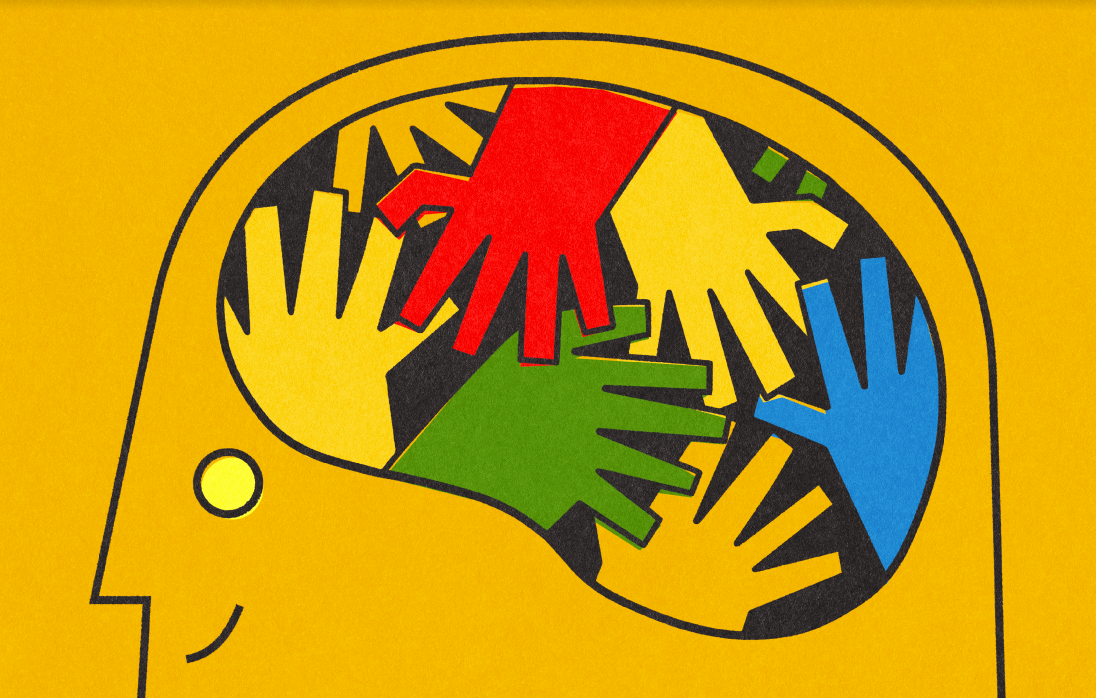
Growing up between immigrant generations has always placed my feet in two very different worlds. My layered identity as a child of two different cultures, races and religious backgrounds has been the source of much of my disorientation in life finding my footing when approaching my mental health.
Being born and raised in Saskatchewan, the Canadian culture dictates much of the way that I think about the world and myself.
Canada’s individualist culture emphasizes independence and self-sufficiency, which places responsibility on the individual to look out for themself and to not turn to others for help.
However, my ties to my other cultures and the diverse communities I am a part of throw me for a loop when Canadian individualistic approaches don’t comply with my personal experiences.
With all the noise in the world, including the pandemic and socio-political divides, it is easy to get lost in it all and for it to take a toll on our wellbeing, especially as a person of colour.
The higher rates of depression and anxiety amongst people of colour in North America can be largely attributed to structural racism and prejudice. Seeking help and treatment can also be incredibly difficult for some people of colour and often fails to address the root issues at play and the complexities of the cultures and identities surrounding us.
In cases of mental illness, the treatment plan typical to Western practice is heavy with diagnosis and prescribed medication. But this doesn’t work for everyone.
For one, suffering is understood differently cross-culturally and must be approached with this in mind.
The collectivism that defines some cultures clashes with the treatment plans prescribed to individuals seeking help. Many communities in Canada are composed of more interconnected dynamics that are sometimes not addressed in health care.
In my experience, my progress in understanding my thoughts and emotions was hindered by the cultural barrier between me and the mental health practitioner. In these experiences, I found that issues surrounding family dynamics cannot be fixed with a conversation and of the complications of layered identities of second-generation immigrants. And when speaking about my parents’ divorce or my struggles navigating my beliefs, I couldn’t communicate the gravity of it all to a person so accustomed to standard Canadian culture.
On one hand, divorce is no big deal to some in a Canadian cultural context. And on the other hand, the notion of divorce is unheard of or shameful in many communities around the world.
This attitude pulled me in several directions, widening the gaps between me and my identities while undergoing a very common Canadian experience.
While there are many ways we can address mental health that account for cultural differences, the move to democratize mental health must expand to recognize the intersections of multiple identities.
The scope of mental health treatment is ever-expanding. And with this expansion comes a wider lens that examines the nuances of new and overlapping identities of the cross-cultural fabric piecing us together.
We need to understand that treatment isn’t always found in a pill and a pat on the back, but rather in the stories of our past and our cross-cultural interactions.
—
This op-ed was written by a University of Saskatchewan undergraduate student and reflects the views and opinions of the writer. If you would like to write a reply, please email opinions@thesheaf.com. Rayyann Haque is a fourth-year undergraduate student studying Archaeology and Anthropology, and is a Staff Writer at The Sheaf Publishing Society.
Graphic: Jaymie Stachyruk | Graphics Editor
Leave a Reply